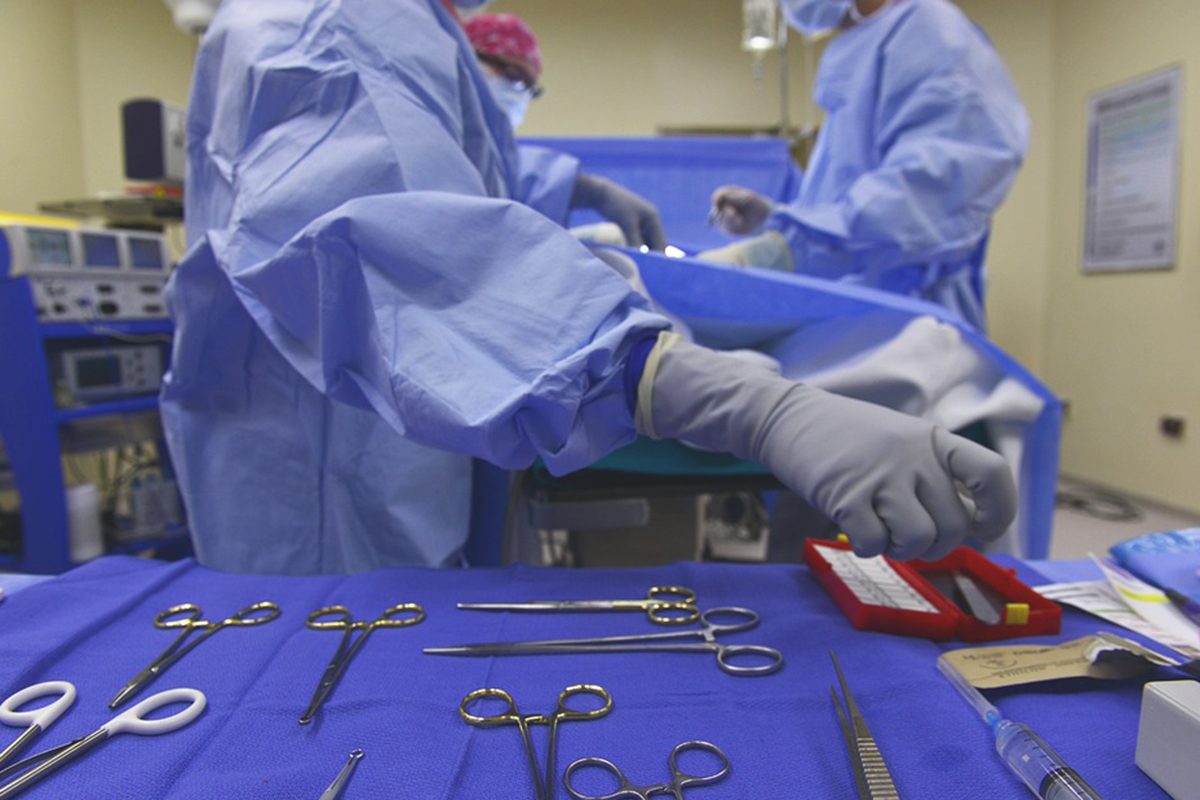
Why is it so hard for your doctor to apologize?
You’ve just undergone surgery. Somehow, a mistake was made. Perhaps the preparation was inadequate or perhaps there was miscommunication. The result is that you were harmed when you expected to be healed.
Hurt, angry and scared, you look to your doctor and ask: “What now? What do you have to say?” And they are silent.
Medical errors like this occur regularly. One report estimates that for every 18 hospitalizations in Canada, one patient will experience harm. Yet, doctors are hesitant to apologize for medical mistakes.
This occurs despite the fact that nine provinces and two territories in Canada have “apology legislation.” This legislation allows doctors, and other medical professionals, to apologize to patients when things go wrong without having this used as evidence of fault in court. These laws are designed to transform relationships in medicine for the better by restoring trust between patients and clinicians.
Research shows that medical apologies help repair the relationship and sense of trust between patients and medical professionals. So why is it so hard for your doctor to apologize?
Fear of litigation and loss of respect
To investigate the impacts and difficulties surrounding medical apology, we’ve conducted research on medical apologies over the last two years.
Most recently, we have interviewed a variety of stakeholders including patients, caregivers, medical doctors, psychologists, patient safety advocates, medical school administrators and health-care administrators on their experiences with medical error and apology.
We heard from doctors and other medical professionals who wished to apologize but were constrained by different social and professional factors.
Our preliminary results show that clinicians receive mixed messages on the topic of apology. Some messages are rooted in an understanding of the apology legislation and provide a supportive environment to allow an apology to the patient to occur.
Other messages are rooted in fear of litigation, loss of insurance coverage, loss of respect, a culture of perfectionism that starts in medical training and a feeling of shame about harming a patient. As one senior medical professional said:
“Physicians are not designed to make mistakes … they see it as a horrific personal failure when… they have made an error. So it is a huge trauma to physicians.”
An apology is healing
Our research shows that apologizing for medical errors is a crucially important step in healing — for patients, families and medical professionals.
Apologizing helps validate the harms experienced by patients, and helps doctors come to terms with their mistake and restore confidence in their practice. One patient participant in our study said that an apology is healing and that in the trauma of a critical incident, people expect apologies:
“You do something wrong, you apologize.”
Apologizing involves empathizing with patients and maintaining the integrity of medical relationships. As one senior doctor said:
“From my point of view, the benefits of having apology legislation …is (to) allow you to take a different perspective in (your) relationship with patients… If that relationship is honest and fulsome… it provides you with an opportunity to feel it how the patient feels, or at least close to it.”
Forgiveness is not guaranteed
If there is no apology, or there is a poor-quality apology, this has a detrimental effect on the relationship between a patient, their family and their doctor, and on the sense of trust the patient and family place in medical institutions.
The absence of apology also leaves patients and families in a communicative vacuum and fails to recognize the ongoing harms and trauma resulting from error.
To be sure, apologies are not a cure-all for harms resulting from a medical error, and forgiveness cannot be guaranteed.
Litigation and medical apology are also not mutually exclusive. While an apology is given, litigation may still be needed — especially if the medical error resulted in an inability to work, or death. But silence after an error is profoundly detrimental.
When a meaningful apology is given after an error, it can promote healing, strengthen medical relationships and transform our understanding of care in medical spaces.
More work is needed to help medical professionals understand the protections of apology legislation and the benefits of apologizing. In doing so, we can conquer the silence.
This article from Karine Levasseur (associate professor of political studies at the University of Manitoba), Fiona MacDonald, (associate professor and department head of political science at University of The Fraser Valley), and Dempsey Wilford (research assistant in political science at the University of Victoria), was originally published by The Conversation.
Research at the University of Manitoba is partially supported by funding from the Government of Canada Research Support Fund.







we need this legislation in the usa!